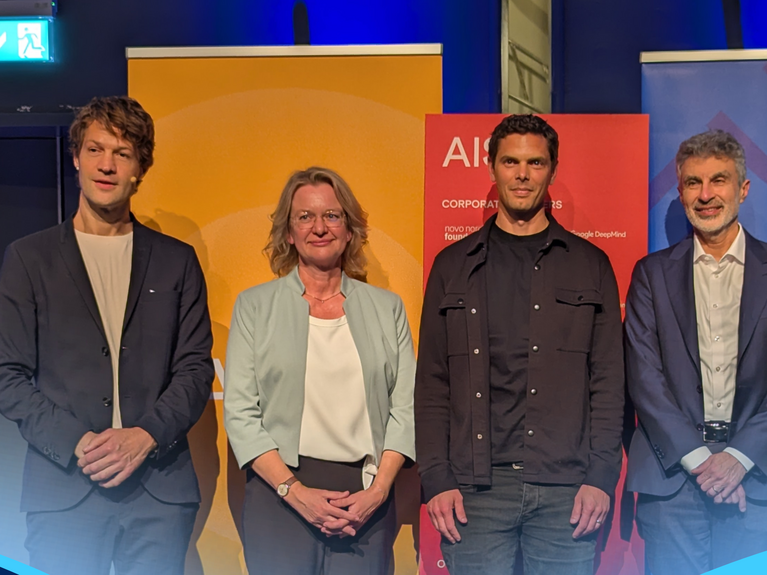RAISE sets the stage for Europe’s next chapter in AI-accelerated discovery

Europe took a significant step toward shaping the future of AI-powered research with the official launch of RAISE - the Resource for AI Science in Europe, announced at the AI in Science Summit 2025 (AIS25) in Copenhagen on Monday, November 3, 2025.
RAISE is a flagship initiative under the European Strategy for AI in Science, presented during the summit by Executive Vice-President Henna Virkkunen, European Commissioner for Startups, Research & Innovation Ekaterina Zaharieva, and Danish Minister for Higher Education and Science Christina Egelund, together with Rector David Dreyer Lassen of the University of Copenhagen.
With an initial investment of €107 million, RAISE will serve as a virtual European institute pooling Europe’s key resources for AI in science: data, compute, talent, and research funding. The initiative aims to give researchers across Member States better access to AI tools and infrastructures, fostering collaboration across disciplines and accelerating scientific discovery. For Helmholtz AI, RAISE reflects its mission: advancing AI for science through collaboration, democratization, and openness.
Ekaterina Zaharieva (left), Commissioner for Startups, Research and Innovation at the European Commission; Henna Virkkunen (right), Executive Vice-President for TechSovereignty, Security and Democracy, European Commission.
Commissioner Ekaterina Zaharieva described RAISE as “a resource for scientists and AI specialists alike - a framework that will make Europe’s research ecosystem stronger, more connected, and more competitive.”
Following the political opening and a scientific keynote by Yoshua Bengio, the summit turned to Europe’s strategic opportunities in AI and science. Fabian Theis, Scientific Director of Helmholtz AI, hosted the high-level panel “Shaping the Future of Science with AI: Europe’s Strategic Moment.”
The discussion brought together Yoshua Bengio (MILA), Lene Oddershede (Novo Nordisk Foundation), Max Welling (University of Amsterdam), and Peter Sarlin (Silo AI), exploring how Europe can translate its scientific excellence into global leadership in AI-powered research, and how initiatives like RAISE can help build the necessary foundations.
As Fabian Theis noted in his opening remarks:
The future of science is not just faster - it’s more open, collaborative, and democratic, powered by human curiosity and AI capabilities working together.
Left to right: Fabian Theis (Helmholtz AI, Helmholtz Munich), Lene Oddershede (Novo Nordisk Foundation), Peter Sarlin (Silo AI), Yoshua Bengio (MILA), Max Welling (University of Amsterdam)
The panel touched on key challenges and opportunities for Europe, from building large-scale compute and data infrastructures to ensuring responsible innovation and connecting academic and industrial ecosystems. Throughout, a common theme emerged: AI is not only transforming how science is done, but also reshaping the very nature of discovery itself.
Earlier in the day, Fabian Theis also joined the AI Science and Policy session, discussing how to align policy and research efforts for Europe’s AI future. In parallel, Oli Stegle, member of the Steering Board of Helmholtz AI, curated the Life Sciences Workshop, highlighting how AI is driving breakthroughs in health and biomedical research.